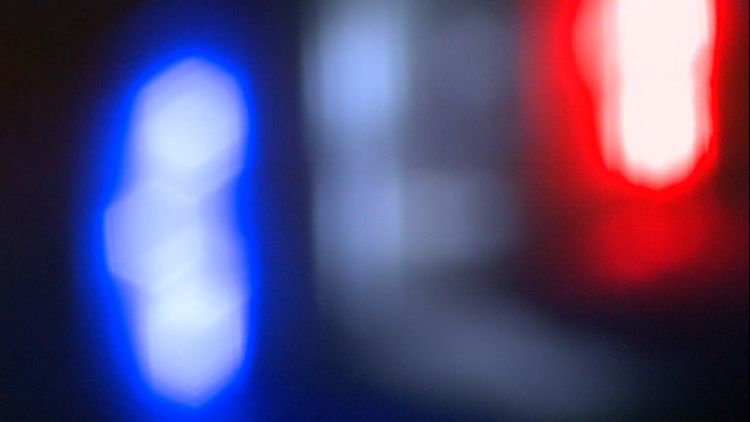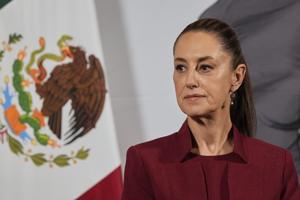HBR On Strategy curates the best case studies and conversations with the world's top business and management experts, to help you unlock new ways of doing business. New episodes every week. While A/B testing on large transaction volumes is common practice at Google, Booking.
com, and Netflix, Thomke says even small firms can get a competitive advantage from experiments. He explains how to introduce, run, and learn from them, as well as how to cultivate an experimental mindset at your organization. Thomke is the author of the book Experimentation Works: The Surprising Power of Business Experiments and the HBR article " Building a Culture of Experimentation .

" HANNAH BATES: Welcome to HBR On Strategy—case studies and conversations with the world's top business and management experts, hand-selected to help you unlock new ways of doing business. In the business world, leaders usually lean on experience or intuition to make decisions—and scientific inquiry is reserved for those who don't have a clue. And Harvard Business School professor Stefan Thomke says that misconception is a problem.
An experiment might not sound as bold or exciting as using gut instincts to make decisions, but it's far more foolproof. In this 2020 episode of HBR IdeaCast, Thomke explains why businesses should embrace testing, how leaders can get comfortable with the risks involved, and what happens when companies commit to a culture of experimentation. He starts with a powerful example of an experiment that paid off—big time.
STEFAN THOMKE: Well first of all, it can generate a tremendous amount of value. Let me give you an example. Microsoft's Bing, which is a search engine.
An employee working sort of at Bing, came up with an idea on how to sort of display its ads. The manager didn't think much of it. And they kind of shelved it.
But the employee insisted. At some point the employee decided just to launch an experiment to run a test, a controlled test. And when he ran the test, that little.
...
Top

Great Strategy Starts with Experimentation

If you're not testing, you're guessing—and that's risky. - hbr.org











